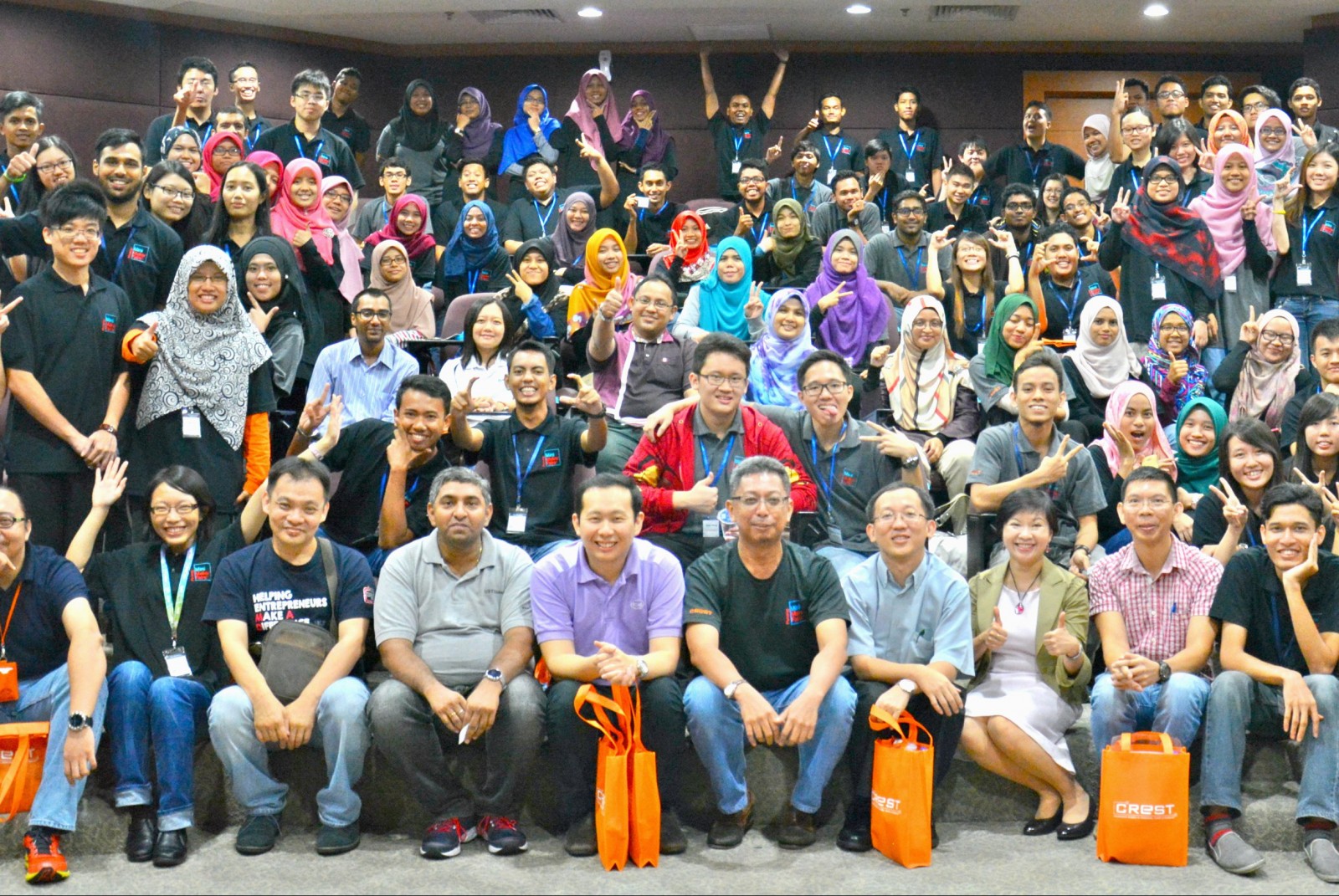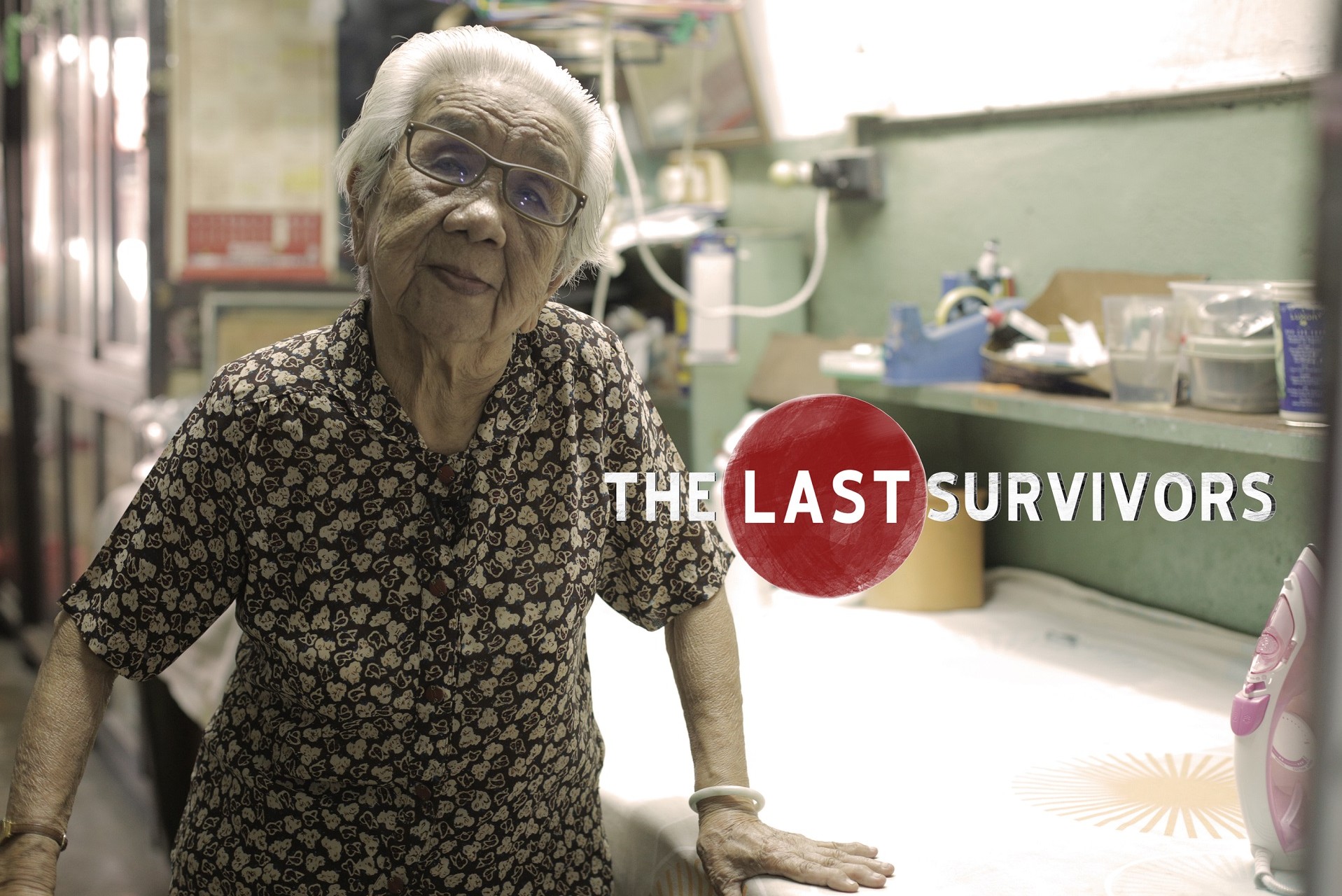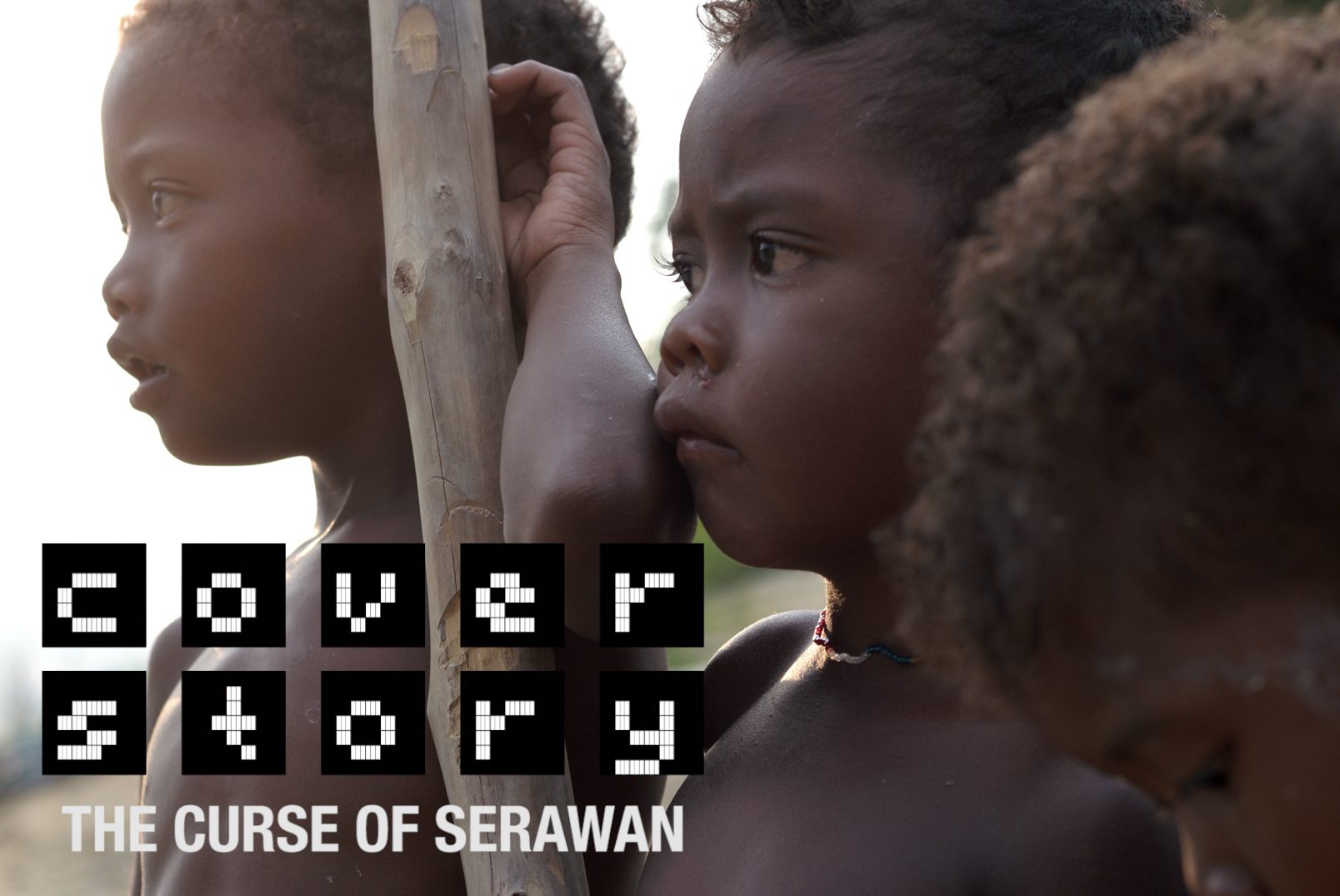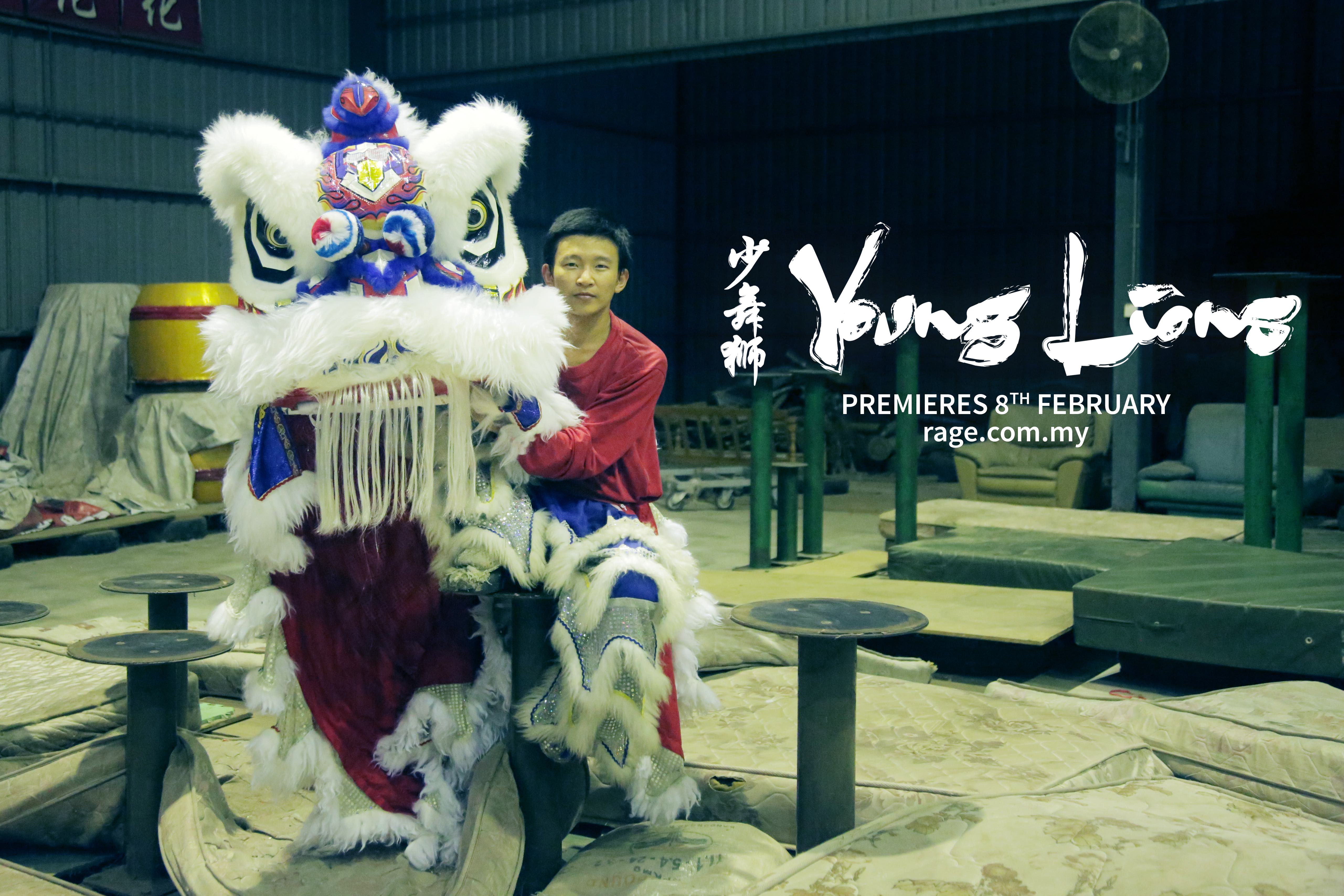By LIM MAY LEE
alltherage@thestar.com.my
AS a teen, Viola Ho was a self-professed “awkward child”, finding it hard to fit in and make friends.
But she eventually came into her own; and when she did, she did it in style.
Now 25, Ho is not only an Oxford-educated physicist, she’s also a published author – she recently published her autobiography, How I Became A Physicist.
Most significantly, she is making a difference here on home ground through her start-up, The Great Lab (TGL).
TGL conducts summer placement programmes for the electronics and electrical (E&E) industry, but with a difference.
They get major international companies to pose industry problems online, so students around the world can try solving them.
The students with the best solutions get three-month paid internships with the companies whose problem they solved.
“The goal is to create industry-ready graduates,” said Ho. “Of course, we don’t expect students to solve these problems,” she said with a laugh.
“If undergraduates could answer them, they wouldn’t be industry problems now, would they?”
The point was that the students would gain a better understanding of what the industry is facing as a whole.
“We want them to understand it’s not about theories anymore, like in academia,” she said. “These students are trying to solve problems that may prove unsolveable, but it will give them a chance to understand how their industry works.”

Despite not having any E&E experience, Ho co-founded TGL and even mentors at its summer camps while juggling her day job as a physicist. — RICKY LAI/The Star
Companies stand to gain as well, she said.
“Sometimes it takes someone with fresh eyes to spot things the experts wouldn’t have been able to see.”
She may have well been talking about herself.
Ho’s journey proves opportunity lies in the unlikeliest places, you just need to step out of your comfort zone.
“While in the UK, I attended a talk by TalentCorp Malaysia, which was closely related to JPA – my scholarship sponsor,” she said.
“It was targeted at E&E engineering students, totally out of my field, but I decided to attend anyway.”
The speaker was from a start-up called CREST – Collaborative Research in Engineering, Science and Technology – which aims to bridge Malaysian students and the local E&E sector.
“During that talk, I realised that CREST was trying to test the waters with us international students,” she said.
It became clear to her that she and her friends, all Malaysians currently abroad, were perfectly positioned to be that bridge.
“For many of us, we’re so specialised in our fields that it makes no sense to come home and do something unrelated,” she said.
“It made us realise that we need to tackle this issue, by bridging the gap between returning students and the local industry’s needs,” she added.
The result of that discussion – and countless other Skype meetings – was TGL.
Building a bridge
According to Ho, there are three ways to close the chasm between what students have studied for, and what industries really require.
One is to have industry leaders give talks in schools.
Second, academicians and industry leaders could discuss (over coffee, suggested Ho) ways to achieve this common goal.
Thirdly, students be given the opportunity to understand what their industry needs.
TGL took the third option.
“It was a challenge for us, because we’re academicians. We propose theories, and hope they work, but this is different.
“Here, we are trying to solve problems, both in terms of matching students and companies, and industry problems itself.”
On top of having to research the industry, Ho and her friends had to meet with companies in Penang, where the industry hub lies.
The then-student found herself rushing to pitch a brand-new concept to seven companies in an industry she wasn’t familiar with in the few days she had before her next term started.
Back in the UK, she also had to do tours, meeting up with Malaysian students in universities like Imperial College London and Cambridge, on top of pushing for more publicity for TGL.
“Our tours were mainly to find out what students want from their future careers. It’s a bit like matchmaking,” she added with a laugh.
All this from a physics student who had been, until then, more familiar with the insides of labs, not conference rooms.
Now, TGL is fully up and running, partnering with some of the biggest E&E names in the industry, including Intel and Motorola.
Ho attributes her achievements to her Public Service Department (JPA) scholarship, which allowed her to study in the UK.
“The experiences and opportunities I gained studying abroad made me think about how I could contribute back to Malaysia,” she said.
“Imagine, if I had never left, I might never have founded TGL at all!”

In their bid to create industry-ready graduates, The Great Lab organises summer camps where students get to learn first-hand from electronics and electrical (E&E) industry leaders and professionals. — Handout
Put on your lab coat
The Great Lab (TGL) aims to create graduates with the necessary knowledge and experience to tackle whatever their industry throws their way. Currently working with the electronics and electrical (E&E) industry, plans are in the works for the start-up to expand into other industries.
For now, TGL represents an opportunity for students to delve deeper into the industry, whether as participants or part of the committee.
“TGL is a great learning experience which guides participants through complex industrial challenges and stretches their minds beyond the taught courses,” said co-founder Viola Ho.
“Students should broaden their horizons before job-hunting, and this is a great way to do that.”
TGL’s programmes stretch beyond internship programmes – where companies like Motorola and Intel pose industry problems, and students who take a crack at them could get paid internship positions there – and include summer camps, workshops, and talks.
The annual TGL summer camp is a three-day two-night camp, with workshops ranging from programming to simple robotics, conducted by training companies and working professionals in the industry.
The participants will be assigned a TGL Active Challenge, which is usually an industry problem, and will have to come up with a proposal to solve these challenges and pitch them to TGL’s partners in the industry.
There are also mini workshops and seminars held throughout the year in universities, said Ho.
Participation isn’t just limited to students, either.
“We are always in search of volunteers. Whether you are a working professional or student, local or overseas Malaysian, in the science and technology field or not, talk to us!” said Ho.
Committee members get the inside scoop for the latest seminars and workshops – even those not under the TGL umbrella. What are you waiting for?
“Don’t think, just do it!” she said.
With Malaysia emerging as an E&E industry hub, you don’t want to miss out on the fun. Enquiries can be sent to thegreatlab@crest.my.





Tell us what you think!